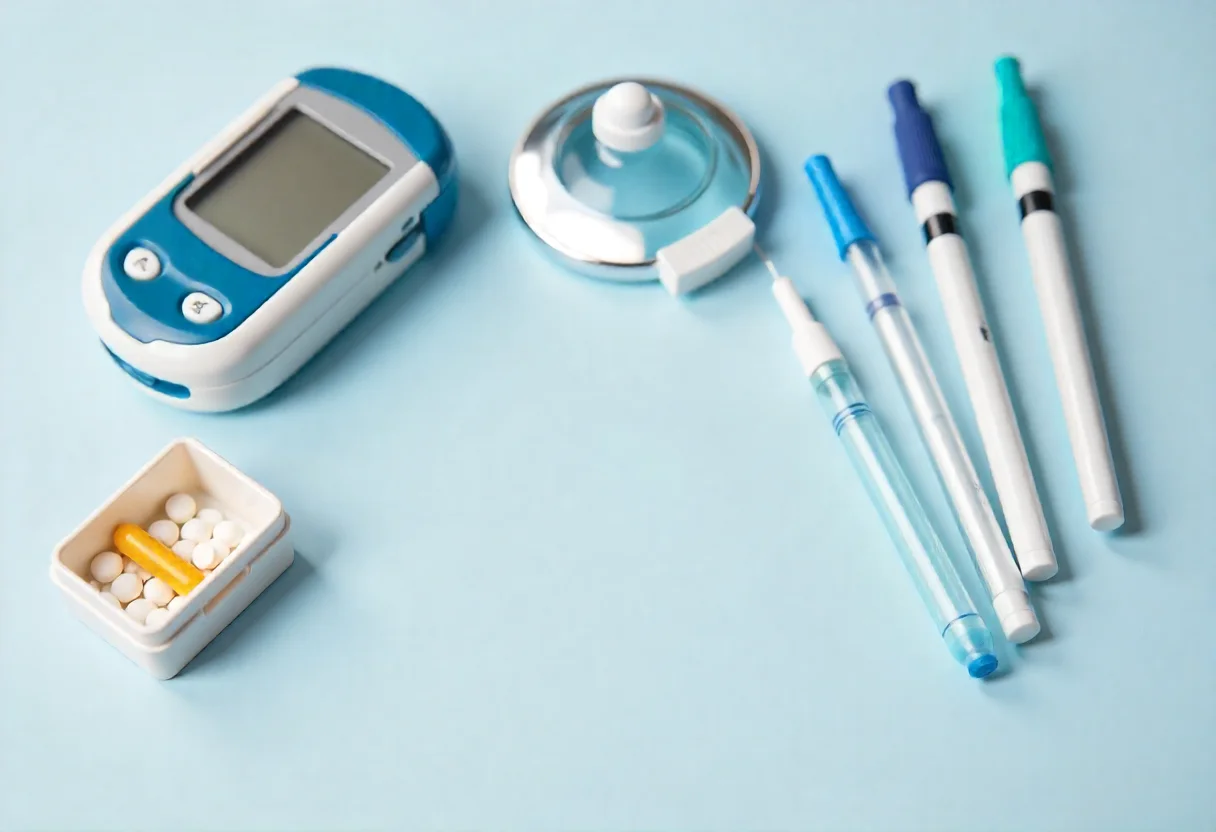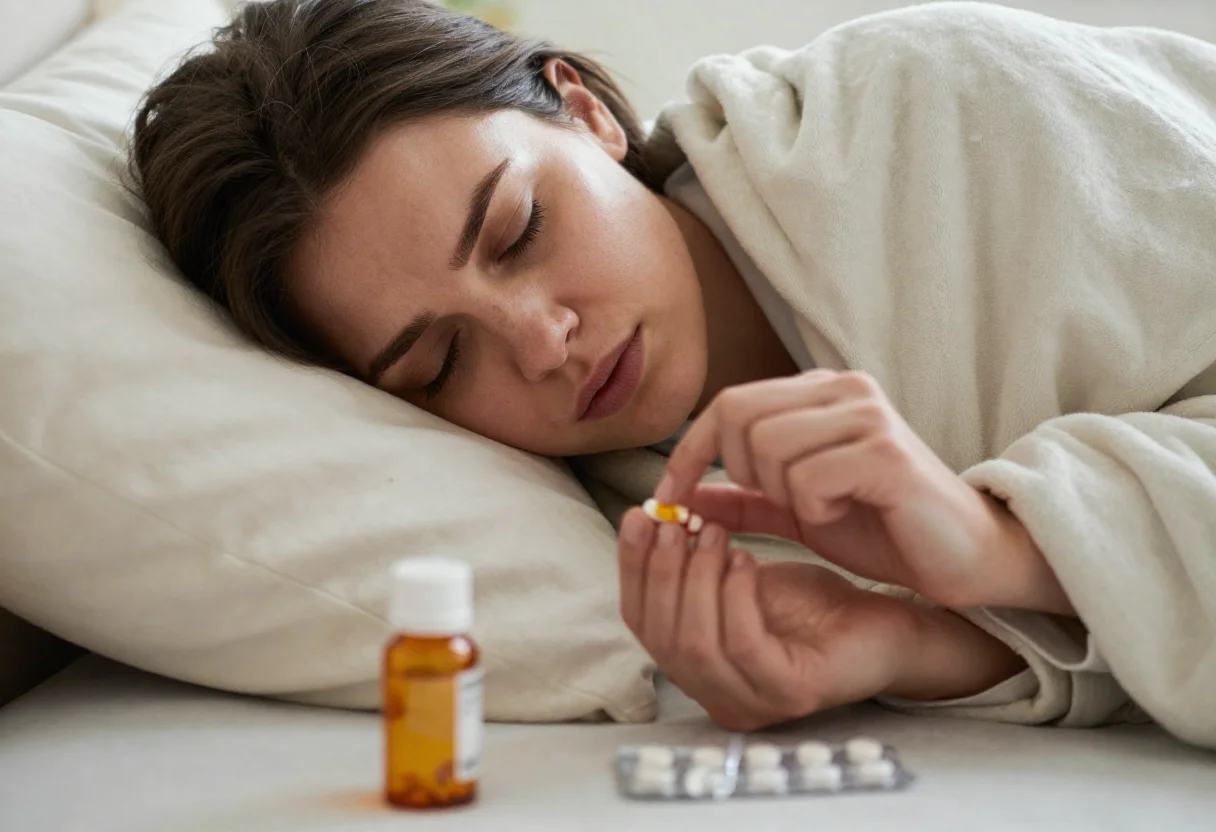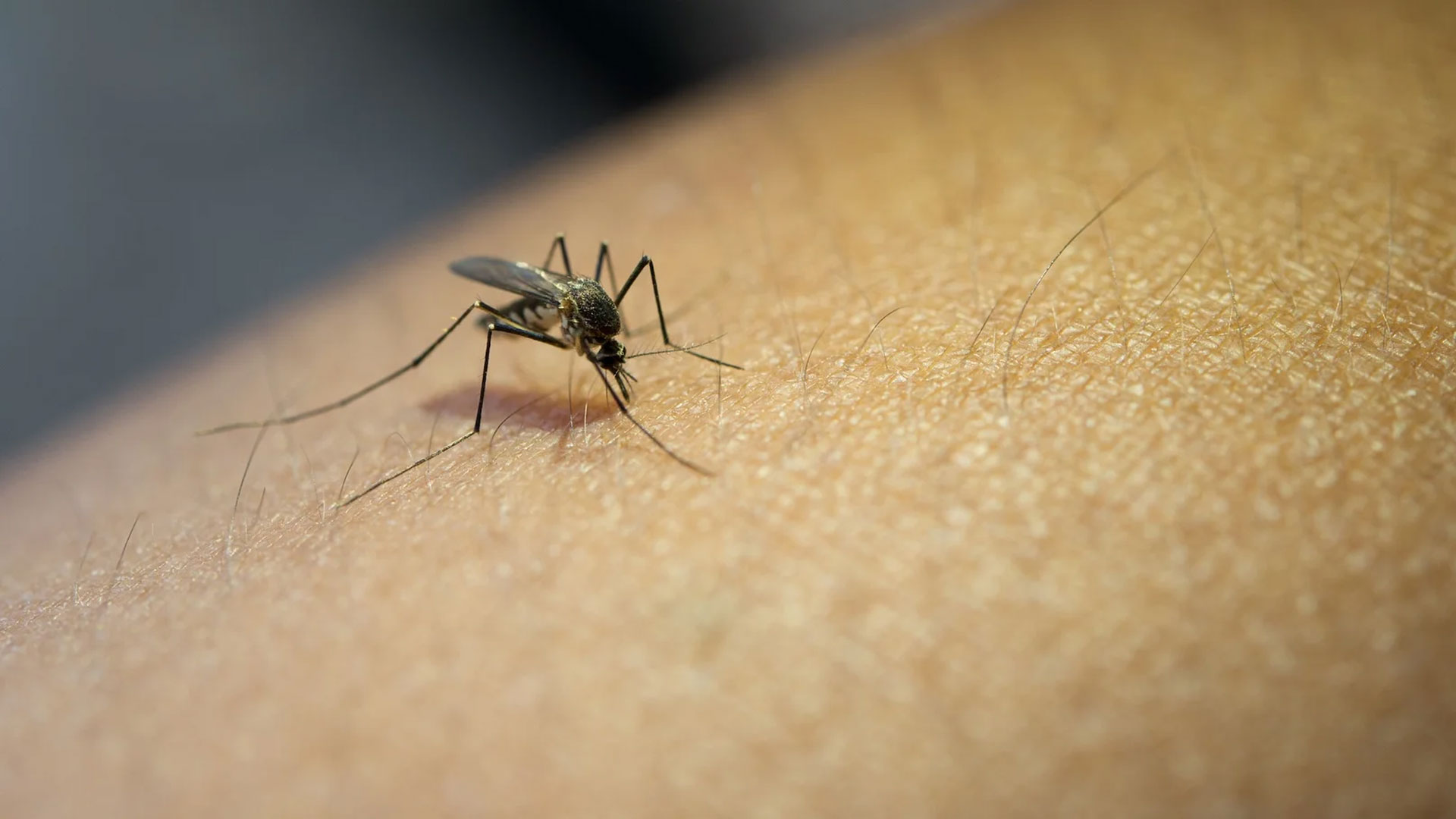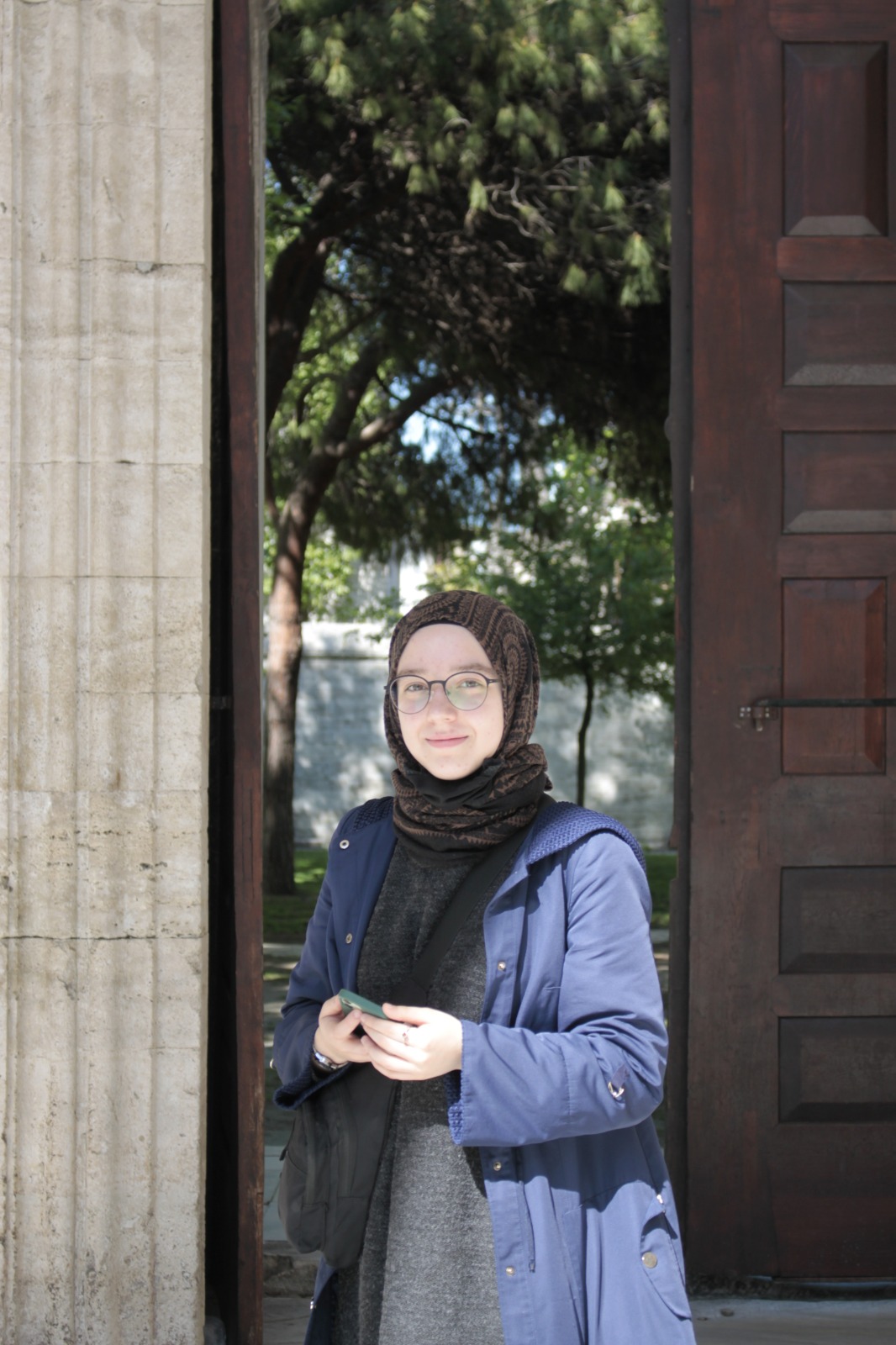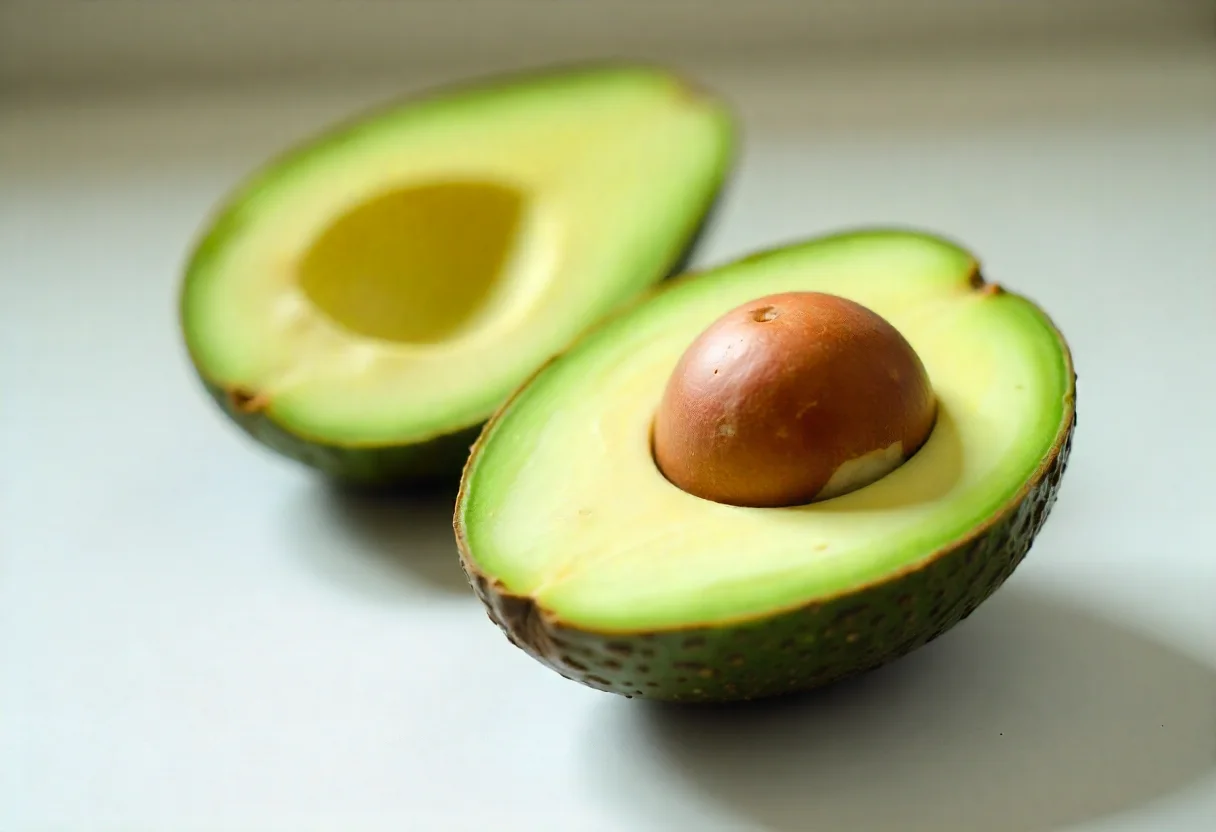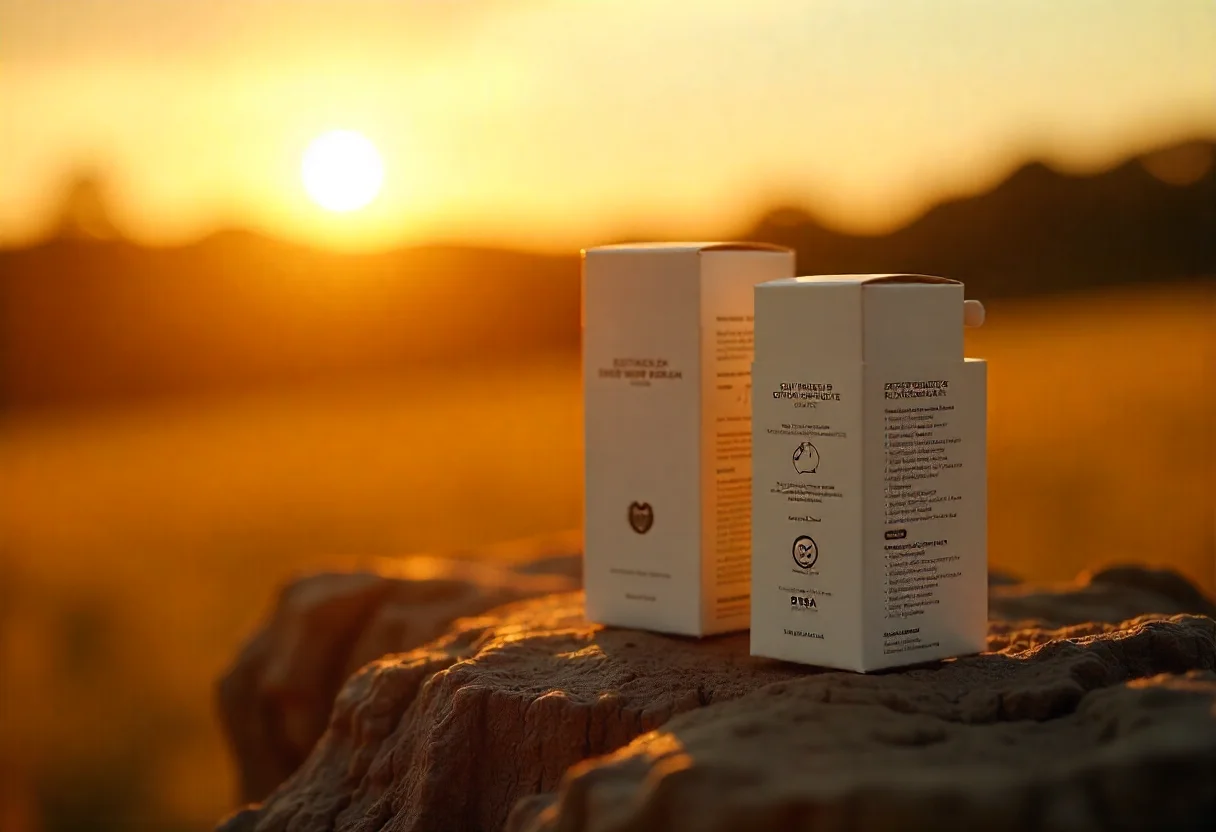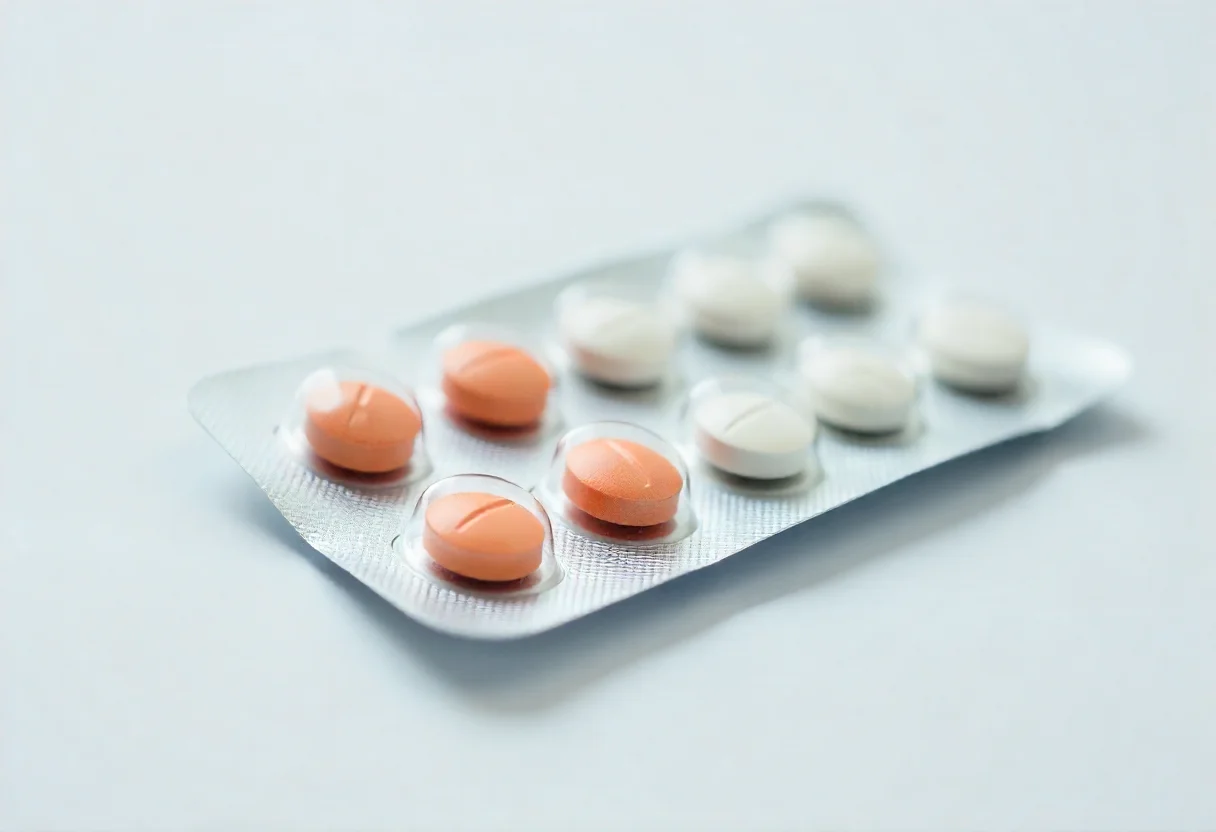In particular; tea tree, mangosteen, rosemary, walnut, aloe vera, witch hazel and hops can be given as examples of plants that can be used in acne treatment.
Tea tree: Perhaps the most important extract used in acne treatment is tea tree oil. This extract, obtained from the Melaleuce alternifolia species, is especially preferred for its anti-inflammatory and anti-aging effects. In a study conducted with 124 patients; the effects of 5% tea tree oil and 5% benzoyl peroxide on the skin were compared. It was observed that tea tree oil was at least as effective as benzoyl peroxide on acne. In addition, it was reported that it had fewer side effects on the skin.
Mangosteen: In a clinical study conducted in 2018, a formulation containing Garcinia mangostana (Mangosteen) extract, Lithospermum officinale (Stone) extract, Tribulus terrestris (Iron thorn) extract and Houttuynia cordata (Fishweed) extract was tested on 60 patients. It was observed that these extracts had a strong anti-inflammatory effect against C. acnes and reduced the number of mild to moderate acne lesions.
Rosemary: Rosemary (Salvia rosmarinus) extract, known to act with its rich rosmarinic acid, carnosol and carnosic acid content, reduces inflammation caused by C. acnes and therefore is actively involved in acne treatment.
Walnut: In addition to its consumption as food, it has been observed that the compounds found in walnut leaves and walnut oil (tannins, flavonoids, polyphenols and ascorbic acid) are effective in acne and blackheads.
Aloe vera: Aloe vera gel primarily acts as a powerful moisturizer on the skin. It can have a soothing effect on dry skin during acne treatment, and it can also be included in serum and washing gel formulations with its anti-inflammatory effect. Aloe vera contains high levels of vitamins A and E, various minerals, fatty acids and salicylic acid. In this respect, it has soothing effects on acne, and is also used to heal scars after acne treatment.
Green tea: Green tea extract, which has sebum-balancing and anti-inflammatory properties due to the effect of its rich gallocatechin and polyphenols, is used especially in lotion and serum formulations. In a 6-week study conducted with 20 patients, it was reported that the use of a lotion containing 2% green tea extract had positive effects on acne. A significant decrease in acne lesions was observed with twice-daily use.
Witch hazel: Thanks to its high tannin compounds, witch hazel (Hamamelis virginiana) has an astringent effect on skin pores. Thanks to this effect, it helps shrink blackheads and other pores that appear before acne formation. In addition, it can be included in acne soothing serums due to its high anti-inflammatory effect.
Hops: In a study conducted with hops (Humulus lupulus), whose extract is known to have anti-inflammatory effects, it was reported that the 0.3% gel form showed high effectiveness on P. acnes and S. aureus species. It is thought that it will be an effective treatment for acne-prone skin when sufficient clinical studies are conducted.



